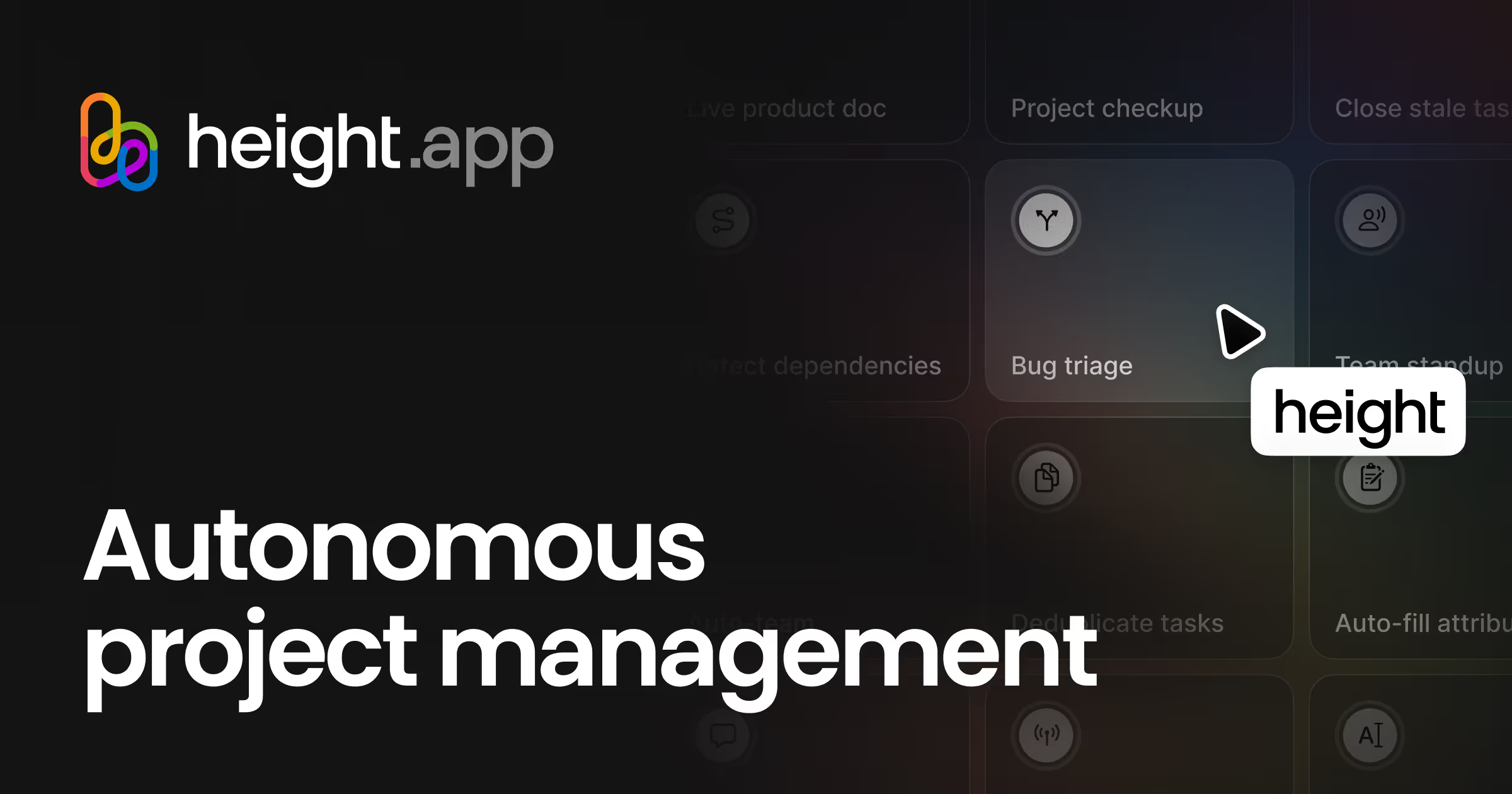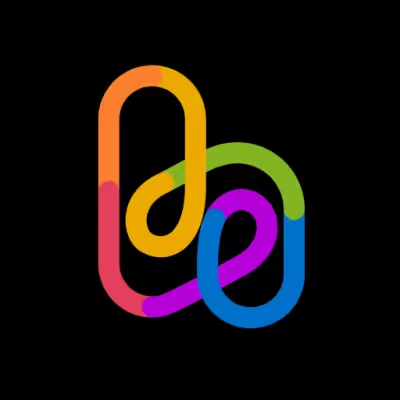
Height envisions a future where project management transcends traditional boundaries through seamless automation and intuitive collaboration, empowering organizations to achieve unprecedented efficiency and innovation. We are dedicated to reimagining how teams coordinate and execute work by embedding AI-driven autonomy into every aspect of project workflows.
Our mission is to dissolve friction in teamwork by integrating real-time communication, flexible workspace views, and intelligent automation that anticipates and addresses routine challenges. By harnessing cutting-edge AI and robust integrations, we enable businesses to unify their efforts and drive forward with clarity and agility.
As we build this future, Height strives to be the catalyst for a new era of organizational productivity—one where technology amplifies human potential, teams move faster, and the complexity of collaboration is transformed into a source of competitive advantage.
Our Review
We hate to start on a somber note, but Height's story is one of those startup tales that keeps us up at night. Here was a project management tool that genuinely got it right — AI automation that actually worked, collaboration features that didn't feel forced, and a founder with serious Stripe pedigree. Then boom, shutdown announcement in 2025.
It's particularly painful because Height wasn't your typical overhyped productivity app. Michael Villar and his team built something that teams actually wanted to use, which is rarer than you'd think in the project management space.
What Made Height Special
The AI automation was the real hook here. While other tools bolted on chatbots as an afterthought, Height designed its entire platform around offloading the grunt work — bug triage, backlog maintenance, spec updates. We're talking about the stuff that eats up hours of your week without adding any real value.
The collaboration features felt natural too. Real-time chat integrated directly with task management, so you weren't constantly switching between Slack and your project tool. Plus, they nailed the guest access problem — you could bring in contractors or stakeholders without forcing them through a full account setup.
The Pricing Sweet Spot
Here's where Height really stood out: 1,000 tasks on the free tier. Most competitors cap you at 10-15 tasks before demanding payment. Even their paid plans at $7-8.50 per user felt reasonable, especially considering the AI features that typically cost extra elsewhere.
This wasn't just generous pricing — it showed they understood how teams actually work. You need room to breathe and test things out before committing budget.
Why It Couldn't Last
The shutdown hurts because Height seemed to be doing everything right. They raised $14 million from Redpoint (no small feat), had genuine product-market fit, and weren't burning money on flashy marketing campaigns. Sometimes the market just doesn't cooperate, even when you build something great.
For teams still using Height until the September 2025 cutoff, we'd recommend migrating sooner rather than later. The best alternatives we've seen are Linear for engineering-focused teams or Notion for more flexible workflows, though neither quite captures Height's AI-first approach.
Feature
AI-powered automation of routine project management tasks
Real-time collaboration with integrated chat and task management
Flexible workspace with multiple project views and centralized information
Cross-platform access via web, desktop, and mobile applications
API integrations with numerous third-party applications








